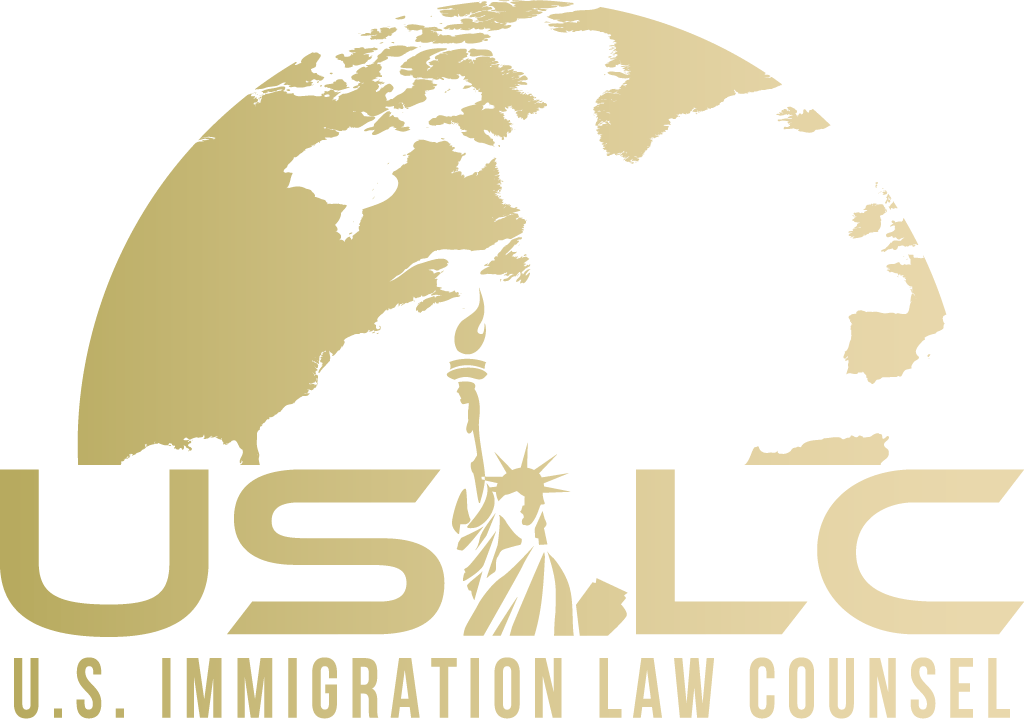U.S. citizenship is often seen as a permanent status, a lifelong membership that grants you a host of rights and privileges. The reality is that although it’s a rare occurrence, your citizenship actually can be revoked, which can lead to serious legal and personal consequences. There are a few particular grounds for revoking your status as a naturalized citizen and specific legal processes involved. If you find yourself in this situation, you should hire an experienced immigration attorney to have by your side.
Understanding U.S. Citizenship: A Basic Overview
United States citizenship is a legal status that confers Americans with specific rights, duties, protections, and benefits in this country. The fundamental rights that US citizens enjoy are derived from and protected by the Constitution and laws of the United States, such as freedom of expression, due process, and the right to vote, live and work in the United States. You can become a US citizen in one of two ways:
- You can acquire citizenship by being born on United States territory or—if you’re born elsewhere—through the U.S. citizenship of your parents either at birth or after birth.
- You can become a naturalized citizen if you are a lawful permanent resident who has met the requirements established by Congress in the Immigration and Nationality Act (INA).
Perhaps because U.S. citizenship is sought after and valued throughout the world, there’s a general belief that it is permanent once awarded. Of course, as with citizenship status in most countries, that’s a mistaken perception. Although U.S. citizenship is the most secure immigration status in existence, and revocations are rare, limited exceptions do exist.
Reasons for Revocation of Naturalization
Your naturalized status can be revoked by U.S. Citizenship and Immigration Services (USCIS) on the following grounds:
You procure naturalization illegally. Your naturalized status can be revoked if you procured naturalization illegally. Procuring naturalization illegally simply means that you were not eligible for naturalization in the first place. Accordingly, any eligibility requirement for naturalization that you didn’t meet can form the basis for an action to revoke your naturalization. This includes the requirements of residence, physical presence, lawful admission for permanent residence, good moral character, and attachment to the U.S. Constitution. If it’s discovered that you failed to comply with any of the requirements for naturalization at the time you became a U.S. citizen, your naturalization will be considered illegally procured. This applies even if you are innocent of any willful deception or misrepresentation.
You conceal material facts, or you willfully misrepresent yourself. Your naturalization can be revoked if you have deliberately misrepresented or failed to disclose a material fact or facts on your naturalization application and subsequent examination. This includes omissions you make as well as affirmative misrepresentations. The misrepresentations can be either oral testimony that you provide during the naturalization interview or include information contained in your application. The courts determine whether any facts you misrepresented or concealed are material, based on how much they might have affected the decision on your naturalization.
You are a member or affiliate of certain organizations. According to USCIS, your naturalization can be revoked if you become a member of, or affiliated with, “the Communist party, other totalitarian parties, or terrorist organization within five years of his or her naturalization.” The USCIS also states that “in general, a person who is involved with such organizations cannot establish the naturalization requirements of having an attachment to the Constitution and of being well-disposed to the good order and happiness of the United States.” The USCIS further stipulates that the fact that you become involved with such an organization within five years after the date of naturalization is “prima facie evidence that he or she concealed or willfully misrepresented material evidence that would have prevented the person’s naturalization.”
You receive a dishonorable discharge before five years of honorable service after you are naturalized. Your naturalized status may be revoked if you were naturalized based on honorable service in the U.S. armed forces, and then separated from the U.S. armed forces under other than honorable conditions before you serve honorably for a period or periods aggregating at least five years.
How the Denaturalization Process Works
The denaturalization process begins with a formal complaint against you—often through the Department of Justice or the Department of Homeland Security—to which you may respond. You may also defend yourself at trial or hire an immigration attorney. You have 60 days to file a motion in response, in which you could argue that either the government has the wrong information or the statute of limitations has expired.
Typically, the denaturalization process takes place in federal court—specifically in the district court where you live. It follows the standard rules of federal civil court cases: you would be entitled to legal representation and the opportunity to present evidence and arguments in your defense. Although it affects your immigration status, the procedure is not treated as an immigration case.
You may appeal your denaturalization decision if you believe the lower court made legal errors.
Your best defense will depend on the specific reasons USCIS initiated proceedings and whether your case is in the early stages or at the appeals stage. Successfully appealing a denaturalization decision requires a nuanced understanding of the law. An immigration attorney will be able to identify any legal errors made in your case.
On the one hand, the U.S. government has a heavier burden of proof that you meet the criteria for denaturalization than they do for most civil cases. On the other hand, they don’t have to prove anything beyond a reasonable doubt, as they would in a criminal case. If you’re found in violation of the terms of citizenship, you must leave the country. Further, the children who were granted citizenship based on your status may also lose their citizenship as well.
How an Immigration Attorney Can Help
An attorney specializing in immigration law can help you in many ways If you’re dealing with denaturalization. They can help gather and present evidence, formulate arguments for your case and advocate on your behalf in court. They can also advise you on the best strategy to adopt if the initial decision on your case is unfavorable. Throughout, your attorney can help you understand the broader implications of getting your citizenship revoked, including its effect on your family members and long-term residency status.
Contact an Immigration Attorney
Do you have questions about how to bring your family to the U.S. on your Diversity Visa? Then contact US Immigration Law Counsel through our website or by calling 1-800-666-4996. We deal with the government so you don’t have to. We look forward to helping you at this time.






